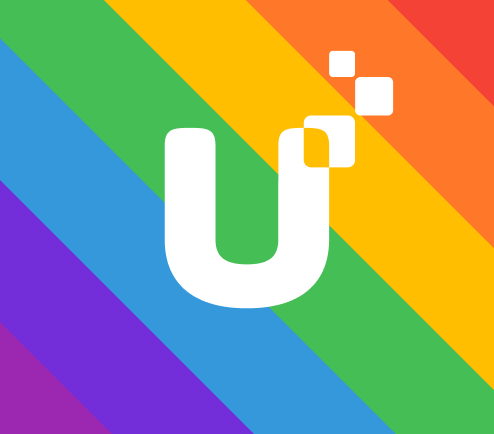“Inclusion means for everyone to be able to be their authentic self. This is especially important to me because it goes beyond all the initiatives we have in place and touches the most intimate definition of who we are.”
Laurent le Moal, CEO PayU
What can organizations do to celebrate diverse cultures, truly stand for inclusiveness, and voice support to LGBTQ+ communities?

The LGBTQ+ workforce of today undergoes a fundamental shift both in terms of its definition and its expectations towards inclusion in the workplace. With global companies making rapid progress towards a more inclusive culture, the need for meaningful change and a more hands-on approach arises.
A recent survey conducted by BCG and the New York City’s Lesbian, Gay, Bisexual & Transgender Community Center sheds light on the current state of LGBTQ+ inclusion in the workplace:
In their survey, BCG further identifies five initiatives that companies, who strive to create an inclusive work culture, can implement to empower employees bring their whole, authentic selves to work.
In terms of embedding cultural changes, these initiatives are regarded to being more effective as compared to traditional approaches, which include conferences, ERGs, managerial and employee benefits. They help spread awareness regarding the challenges of LGBTQ+ employees and offer a guideline for fostering a culturally competent environment.
The following initiatives aim at a shared responsibility among all the employees within an organization rather than targeting a particular segment thus lessening the burden, which otherwise falls solely on LGBTQ+ employees.

Self-identification and the ability to choose pronouns is a must-have in organizations and should be applied during the entire hiring process. Companies are advised to encourage employees to self-identify and freely choose their preferred pronouns for formal communication. This practice not only signalizes the openness of an organization, but also provides valuable insights. Building on these insights enables companies to conduct relevant surveys and successfully assess issues and challenges their LGBTQ+ employees may face. The ability to monitor the wellbeing of LGBTQ+ employees enables the successful measurement of D&I policies and the identification of needed amendments.
Establishing and implementing guidelines regarding the use of pronouns within an organization is paramount. Their consistent implementation encourages employees to question their assumptions and raises the awareness of colleagues using different pronouns for their gender. Further, companies are advised to aim at using gender-neutral language in formal communication, such as meetings, introductions, conferences, and interviews to prevent a feeling of exclusion among LGBTQ+ employees.
Being the driving force in organizations it is the leadership team, that should have a strong foundation regarding discrimination and thus be well equipped to not only set a positive tone but also intervene in cases of cultural breakdowns. While gathering overall feedback on managerial performance is a well-established process, collecting feedback on implementing D&I policies is still rather seldom. Encouraging employees to provide their feedback on the managerial effort towards inclusion can effectively lead to an improved organizational culture as it promotes accountability among leadership.
The only thing that can make facing discriminatory behavior regarding one’s identity even worse is to face a flawed reporting process afterward. Reporting such an incident and getting no relevant response is highly insulting as it implies the lack of safety within an organization.
Companies can prevent this scenario from happening by designating an ombudsman and creating a confidential reporting process coordinated by the HR department. Employees need to be consistently informed about the existence of this procedure and ensured of their confidentiality.
Ally programs are crucial in spreading awareness and sharing the accountability burden throughout the organization to implement inclusion policies effectively. By providing allyship training organizations encourage their employees to question gender assumptions and promote a deeper understanding and connection. Such programs aim to educate and motivate employees to intervene and handle any challenging situations.

As a global organization operating across multiple cultures, PayU is focused on nurturing an inclusive culture and promoting inclusive behaviors. Our core values of openness and courage are a reflection of how we walk the talk – we appreciate openness and honesty and are proud of every PayUneer, who has the courage to bring his/her/their real self at work each day.
In PayU we encourage self-identification, and strive towards a consistent implementation of pronouns guidelines, and gender-neutral language throughout our communication.
Our CEO, Laurent le Moal as well as our full leadership team are passionate advocates of LGBTQ+ inclusion – their effort to carry the inclusion message is strongly felt throughout the organization. Mario Shiliashki, CEO PayU GPO, & Prashanth Ranganathan, CEO PayU Credit LazyPay, officially introduced PayU’s global Pride Month celebration with strong and personal messages – to watch the recording head over to our Diversity & Inclusion page.
CEO Laurent le Moal also followed up with a personal message emphasizing the importance of inclusion at PayU:
To ensure this most intimate definition of who we are, translates into our daily working reality, we strongly commit to educating our PayUneers and motivating them to become active allies. Here are a couple of our ongoing initiatives: